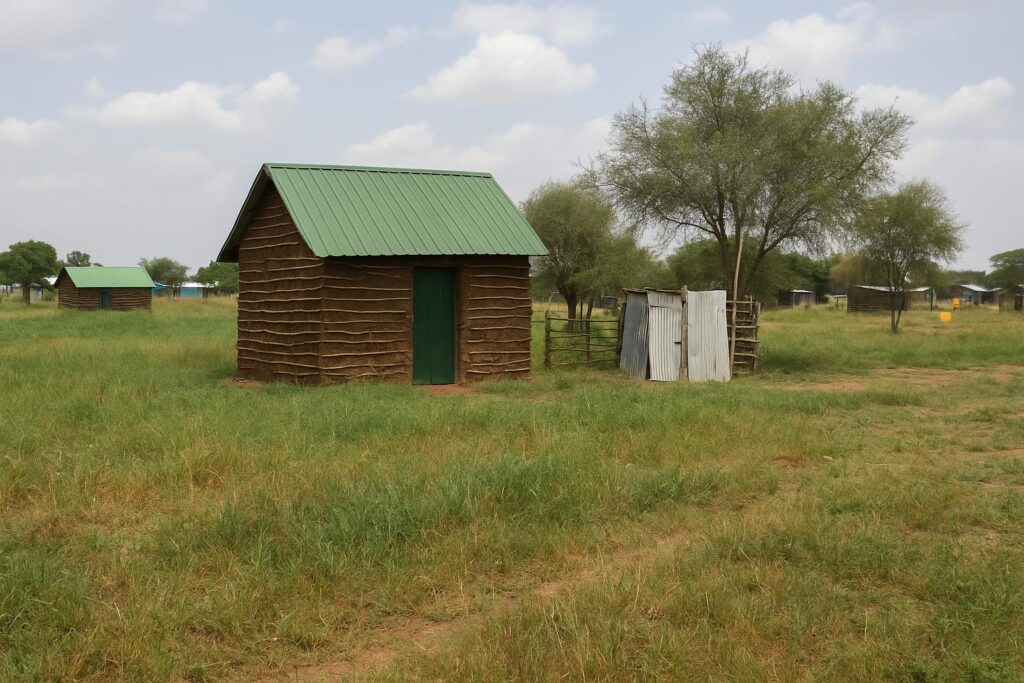Demarcation debate in Central Equatoria
Kapuri North sprawls along dusty tracks outside Juba, yet on maps the area barely exists. Residents argue this cartographic silence denies them rights.
Area chief John Malou said diverse South Sudanese tribes coexist there, but without clear borders officials hesitate to budget for water points or classrooms.
Daily struggle for water, schools, clinics
Households trek to distant boreholes, pay costly motorcycle fares to hospitals, and teach children under mango trees because no public facilities have reached them.
Resident Samuel Rumbe recalled that since settling in 2015 no government convoy or aid truck has visited, leaving roads overgrown and night-time deliveries impossible.
Voices from Kapuri North leadership
“Some families fled Juba’s high rents; others sought farming land,” Malou told local radio, adding that only demarcation can unlock systematic service delivery.
Rumbe stressed the need for feeder roads linking Kapuri to the Juba–Yei highway, arguing that market access would spur household income and food security.
Women and children at the forefront
Women’s representative Lona Banye estimated nearly 2,000 households now reside in Kapuri North, with expectant mothers walking hours to reach antenatal check-ups.
“We manage with boreholes and charcoal fires, but children suffer most,” she said, urging humanitarian agencies to prioritize nutrition, schooling, and maternal health projects.
Calls for inclusive planning
Residents hope that once boundaries are gazetted, Central Equatoria’s Ministry of Housing can integrate Kapuri North into county development plans and enable NGOs to mobilize funds.
State officials were unreachable for comment at press time, yet community members remain optimistic that dialogue will soon translate mapping lines into concrete infrastructure.


